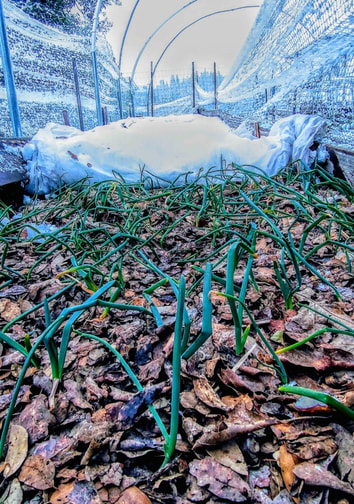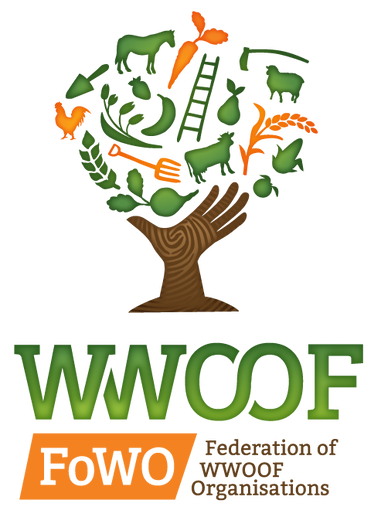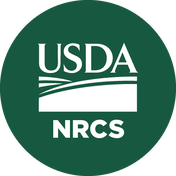
We believe that small farms serving their local communities provide a powerful answer to many of the challenges we face in our world today.
We use and teach organic and regenerative practices on the farm as well as virtually.
1) The nutritional value of freshly picked locally grown food has been demonstrated to be in some instances more than double that of "Large Ag" produced produce and vegetables.
2) The carbon footprint from packaging of large-scale agriculture as well as transport often thousands of miles is cut to zero at a local farm that serves its community. This can have a extremely positive impact on our environment.
3) Local farms foster community. Often inviting members to volunteer in exchange for food and providing a platform where community members can gather for a farmers market or market day.
We believe that now, more than ever, we can benefit from communicating and connecting contributing and sharing.
Our mission is to educate and provide a workable template for many future small-scale community farms. The education portion is key, as our programming seeks to educate the public at large about the importance of growing food locally: what it means, how much energy involves, and why it deserves a place at the center of every meal.
All of our practices are organic, as a baseline practice. We also take the necessary steps to rebuild the soil and support the ecosystem of the land we are privileged and grateful to steward. Our blueprint is meant to be an efficient, clear and powerful standard of creation, for what will be a network of farms that are also community educational centers.
We use and teach organic and regenerative practices on the farm as well as virtually.
1) The nutritional value of freshly picked locally grown food has been demonstrated to be in some instances more than double that of "Large Ag" produced produce and vegetables.
2) The carbon footprint from packaging of large-scale agriculture as well as transport often thousands of miles is cut to zero at a local farm that serves its community. This can have a extremely positive impact on our environment.
3) Local farms foster community. Often inviting members to volunteer in exchange for food and providing a platform where community members can gather for a farmers market or market day.
We believe that now, more than ever, we can benefit from communicating and connecting contributing and sharing.
Our mission is to educate and provide a workable template for many future small-scale community farms. The education portion is key, as our programming seeks to educate the public at large about the importance of growing food locally: what it means, how much energy involves, and why it deserves a place at the center of every meal.
All of our practices are organic, as a baseline practice. We also take the necessary steps to rebuild the soil and support the ecosystem of the land we are privileged and grateful to steward. Our blueprint is meant to be an efficient, clear and powerful standard of creation, for what will be a network of farms that are also community educational centers.








